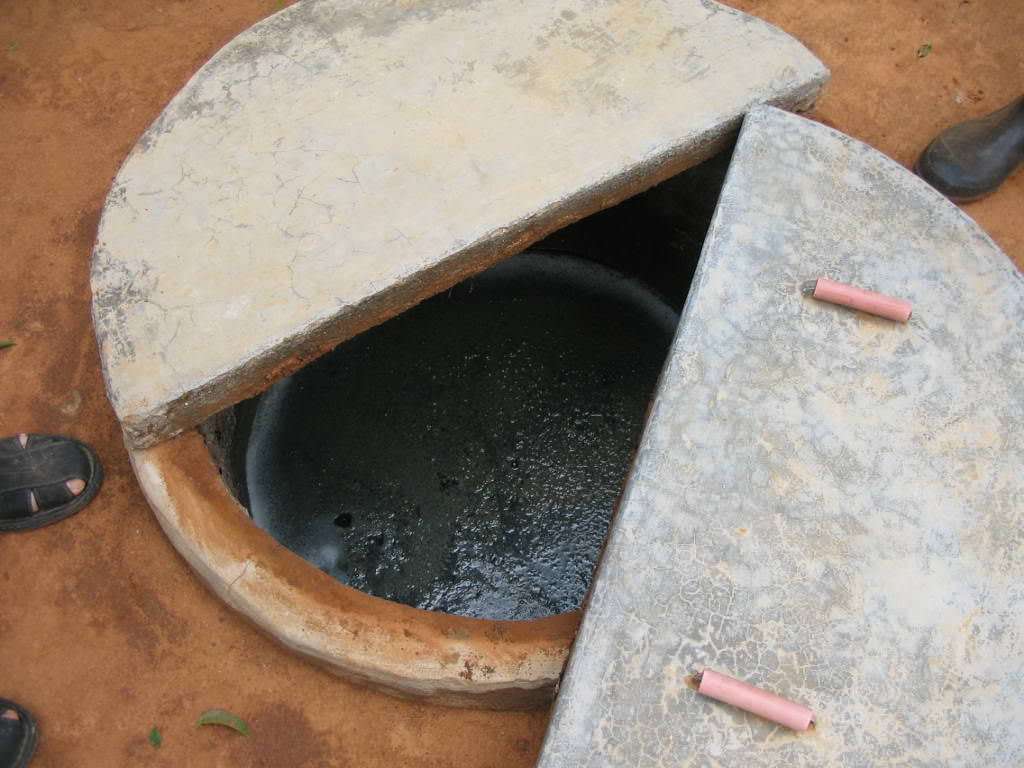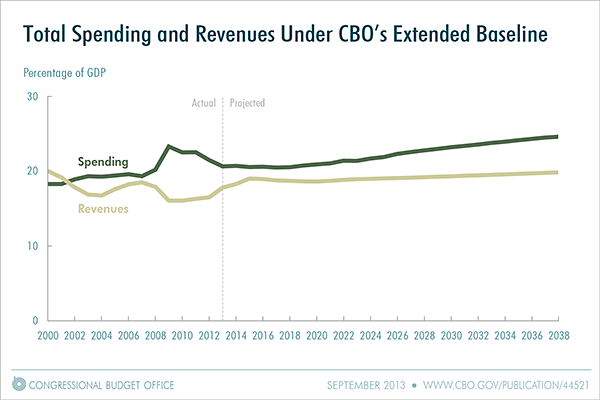Obama, Boehner, and Reid Spar as the Government Still Spends Too Much. Had Enough, Yet?

As President Barack Obama, Speaker of the House John Boehner and Senate Majority Leader Harry Reid stage their public slap fight over how to fund the government, what services to shutter while it's technically "shutdown," and the extent to which that legislative turd known as Obamacare should be included or not in the final outcome, the clearest point is this: organisms of greater value than these three politicians could be dredged from your septic tank while you're looking for that Barbie doll head your niece flushed. Those organisms would likely be more effective at addressing this country's real budget problem, which is a federal goverment that continuously spends vastly more money than it has any hope of taking in, and which demonstrates no interest in changing its ways in the foreseeable future.
As much as I would like to drive a stake through the heart of Obamacare and put it out of our misery, I strongly suspect the program needs little help along those lines. The new exchanges are already running into a few hitches signing up customers, and small business owners—intended beneficiaries of the program—scream about byzantine rules, burdensome paperwork demands and lack of choice. Obamacare shows every sign of stumbling its own way into the nation's nightmares.
Already a nightmare, though, is the federal government's spending addiction—and there's no credible Freddy Krueger in sight to take something sharp to the budget. Members of Congress seem quite content to debate the small stuff, while the long-term disaster they've eagerly pushed this country toward looms ever-closer.
On September 17 of this year, the Congressional Budget Office issued its latest warning of doom:
Between 2009 and 2012, the federal government recorded the largest budget deficits relative to the size of the economy since 1946, causing federal debt to soar. Federal debt held by the public is now about 73 percent of the economy's annual output, or gross domestic product (GDP). That percentage is higher than at any point in U.S. history except a brief period around World War II, and it is twice the percentage at the end of 2007. If current laws generally remained in place, federal debt held by the public would decline slightly relative to GDP over the next several years, CBO projects. After that, however, growing deficits would ultimately push debt back above its current high level. CBO projects that federal debt held by the public would reach 100 percent of GDP in 2038, 25 years from now, even without accounting for the harmful effects that growing debt would have on the economy (see the figure below). Moreover, debt would be on an upward path relative to the size of the economy, a trend that could not be sustained indefinitely.

The 2013 Long-Term Budget Outlook went on to caution that its initial predictions are relatively optimistic, because they're made "without factoring in the harm that growing debt would cause to the economy."
The CBO's frightening projections assume that federal revenues will average 19.5 percent of GDP, which is a bit higher than the 17.5 percent averaged over the past four decades. That 19.5 percent may or may not be achievable (pushing the government's take of GDP higher has long been a challenge, and the official tax compliance rate has dipped a bit in recent years), But even if that level of revenue is reached:
The gap between federal spending and revenues would widen steadily after 2015 under the assumptions of the extended baseline, CBO projects. By 2038, the deficit would be 6½ percent of GDP, larger than in any year between 1947 and 2008, and federal debt held by the public would reach 100 percent of GDP, more than in any year except 1945 and 1946. With such large deficits, federal debt would be growing faster than GDP, a path that would ultimately be unsustainable.
So, federal suspending practices are "unsustainable" and involve "harm that growing debt would cause to the economy," but Obama, Boehner, and Reid are pissing and moaning about unecessarily closed parks, furloughed federal workers who will get their back pay in a couple of weeks and whose fault it is that the government hasn't been granted permission to borrow more money. (The president's enablers want him to show a little imperial spirit and borrow the money illegally and unilaterally).
Back up the pump truck. It's time to go dredging for new political figures.
Editor's Note: As of February 29, 2024, commenting privileges on reason.com posts are limited to Reason Plus subscribers. Past commenters are grandfathered in for a temporary period. Subscribe here to preserve your ability to comment. Your Reason Plus subscription also gives you an ad-free version of reason.com, along with full access to the digital edition and archives of Reason magazine. We request that comments be civil and on-topic. We do not moderate or assume any responsibility for comments, which are owned by the readers who post them. Comments do not represent the views of reason.com or Reason Foundation. We reserve the right to delete any comment and ban commenters for any reason at any time. Comments may only be edited within 5 minutes of posting. Report abuses.
Please to post comments


I so wish the House were holding up the budget solely because spending (and government in general) are out of control. Just refusing to do anything until we had some semblance of a balanced budget and constitutional government. Yes, that would be a constitutional crisis, but we need one of those. Badly. The status quo is unsustainable.
The 2013 Long-Term Budget Outlook went on to caution that its initial predictions are relatively optimistic, because they're made "without factoring in the harm that growing debt would cause to the economy.
In other words, their predictions are worthless. It's nice of them to admit it though.
organisms of greater value than these three politicians could be dredged from your septic tank
But tell us how you really feel.
"..that legislative turd known as Obamacare..."
hee hee
Way to go, 2chili. I hereby award you an honorary leather jacket, velvet glove for slapping faces, and a rapier.
He's got a Lee-Enfield. All he needs is its bayonet.
President Not My Fault has officially jumped the shark.
http://www.youtube.com/watch?v=HEHKBqlpYwM
"Imagine if workers could shut down a manufacturing plant just because they didn't get what they want."
Says the guy who literally hired the Unions to get him elected.
Insanity.
We live in a post-context political atmosphere. The irony is thick.
"Imagine if workers could shut down a manufacturing plant just because they didn't get what they want."
You mean exactly what happened at Hostess?
"Imagine if workers could shut down a manufacturing plant just because they didn't get what they want."
Holy shit. He's not even trying any more.
Yes, it's nothing like a union, except for the part where it's exactly like a union.
So much for the "co-equal branches of government."
President = boss
Congress = employees
HAHAHAHAHAHAHAHA
Obama, Boehner, and Reid are pissing and moaning about unecessarily closed parks, furloughed federal workers who will get their back pay in a couple of weeks
Those breads and circuses. You didn't build them.
Tthat Barbie doll head would make for a better head of state than our current one...